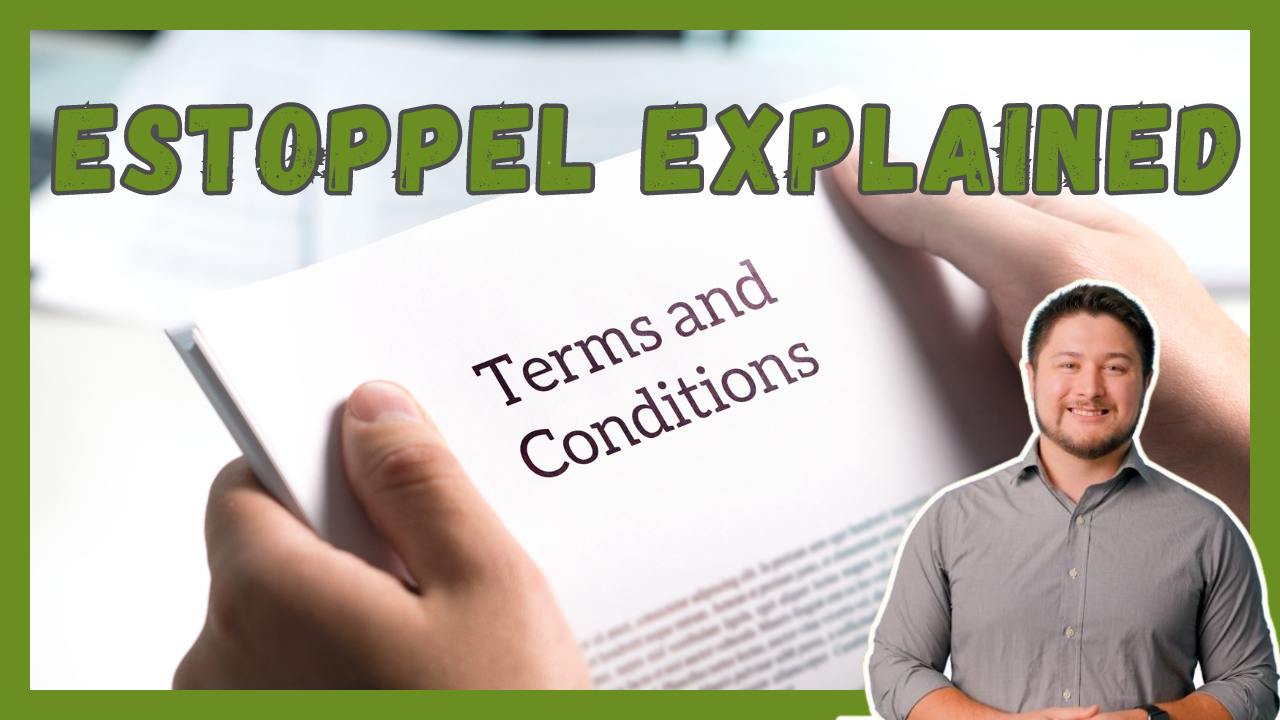Understanding the Key Players in Your Home Buying Journey
Buying a home involves several key players, each with a unique role. In this blog post, I’ll walk you through the major roles in a real estate transaction, what they do, and how they help ensure a smooth process. Whether you’re a first-time buyer or an experienced investor, understanding these roles will give you the confidence to navigate your home buying journey.
The Real Estate Agent: Your Project Manager
First and foremost is your real estate agent. Think of your agent as the project manager of your home buying process. Their job is to guide you from start to finish. Here’s what you can expect from your real estate agent:
- Scheduling Tours: Arranging viewings for properties you’re interested in.
- Determining Comps and Offer Strategy: Helping you understand the market value and craft a competitive offer.
- Negotiating Deals: Working to get you the best terms possible.
- Scheduling Inspections: Coordinating necessary inspections to ensure the property is in good condition.
- Connecting with Contractors: Providing referrals for any needed repairs or renovations.
- Resource Direction: Guiding you to tax or legal professionals as needed.
The Lender: Securing Your Mortgage
Next is the lender, who plays a crucial role in securing the financing for your home. They will:
- Pre-Approval Process: Help determine how much you can borrow and identify suitable loan programs.
- Document Collection: Request necessary documents to process your loan application.
- Loan Processing: Guide you through the steps to secure your mortgage, providing clarity on your financial obligations.
It’s essential to work with a lender who communicates effectively and who you can trust. Poor communication can jeopardize your transaction.
The Escrow Officer or Title Company: Ensuring Neutrality
The escrow officer or title company acts as a neutral third party in the transaction. Their responsibilities include:
- Holding Earnest Money: Managing the deposit you make when your offer is accepted.
- Facilitating the Closing: Ensuring all paperwork is completed and funds are distributed correctly.
- Providing Title Insurance: Protecting you against any title disputes.
Home Inspectors: Assessing Property Condition
Home inspectors are like the primary care doctors for your new home. They meticulously examine the property to identify any potential issues. Key tasks include:
- Detailed Inspections: Checking structural integrity, plumbing, electrical systems, and more.
- Referrals to Specialists: Suggesting further inspections if they find potential problems.
The Appraiser: Determining Home Value
Appraisers assess the value of the home to ensure the lender is not over-lending. They are a neutral third party and you won’t have much direct contact with them. Their role is crucial for:
- Valuation: Ensuring the home’s value justifies the loan amount.
- Risk Mitigation: Protecting the lender from overextending credit.
The Insurance Agent: Securing Home Insurance
Home insurance is mandatory when buying a home. An insurance agent will:
- Policy Selection: Help you choose the right insurance policy for your home.
- Bundling Options: Provide options to bundle home insurance with other policies for discounts.
Other Key Players
Additional roles that may come into play include:
- Transaction Coordinators: Assist with paperwork and ensure everything runs smoothly.
- Home Warranty Providers: Offer warranties to cover potential mechanical issues.
- Contractors: Provide estimates and complete any necessary repairs or upgrades.
Conclusion
Understanding the roles of these key players in a real estate transaction can help you navigate the process with confidence. If you have any questions about buying a home or need more personalized advice, feel free to reach out to me. Connect with me on YouTube, Instagram, or Facebook.
For a more detailed consultation or to get started on your home buying journey, schedule a free strategy session here. You can also access my Free Buyer’s Guide to help you through every step of the process here.

